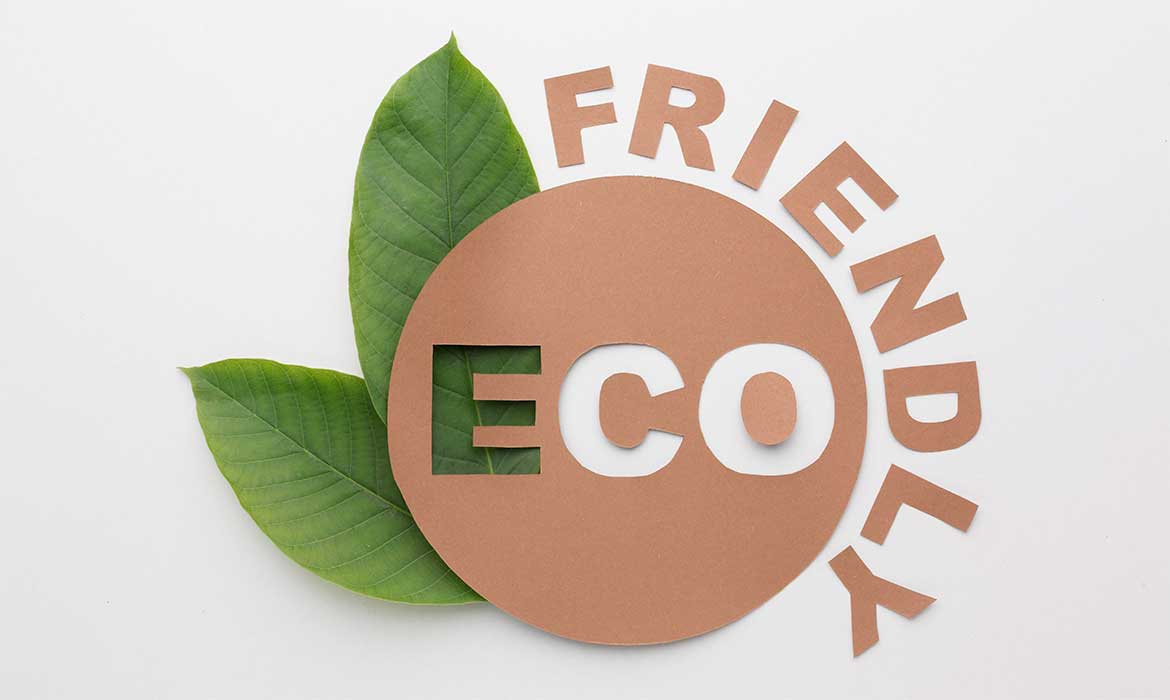Introduction:
The global community has recently witnessed a growing interest in bio-based products as a sustainable alternative to traditional plastics. This shift in consumer preferences stems from the increasing awareness of the environmental impact of conventional plastic production and disposal. In this article, we explore the emergence of bio-based materials, their characteristics, benefits, and potential to mitigate environmental degradation caused by plastic pollution.
Definition and Characteristics of Bio-Based Products:
Bio-based products are derived from renewable biological resources, such as plants, algae, or microorganisms. Unlike petroleum-based plastics, which rely on finite fossil fuel reserves, bio-based materials offer a renewable and sustainable alternative. These products can be categorized into various forms, including bioplastics, bio-based chemicals, and bio-composites. Bioplastics, for instance, are polymer materials derived from renewable biomass sources, such as corn starch, sugarcane, or cellulose.
Environmental Benefits of Bio-Based Products:
The adoption of bio-based products presents numerous environmental benefits compared to traditional plastics. First, bio-based materials have a reduced carbon footprint since they rely on renewable resources and sequester carbon during the feedstock’s growth phase. Bio-based plastics are often biodegradable or compostable, facilitating their decomposition and minimizing long-term environmental pollution. Furthermore, producing bio-based products typically requires less energy and generates fewer greenhouse gas emissions than petroleum-based counterparts, contributing to overall sustainability efforts.
Technological Advancements and Market Trends:
Advances in biotechnology and material science have significantly contributed to the development and commercialization of bio-based products. Researchers continue to explore novel feedstock sources, optimize manufacturing processes, and enhance material properties to meet the diverse needs of various industries. As a result, bio-based materials are increasingly integrated into the packaging, automotive, construction, and consumer goods sectors. Moreover, the growing demand for eco-friendly alternatives and regulatory initiatives promoting sustainable practices have spurred market growth and investment in bio-based industries worldwide.
Challenges and Future Outlook:
Despite the promising potential of bio-based products, several challenges persist in their widespread adoption and implementation. Issues such as scalability, cost competitiveness, and end-of-life management require further attention and innovation to overcome. Additionally, ensuring the sustainability and integrity of feedstock sourcing and addressing potential land-use conflicts are critical considerations in the transition towards bio-based economies. Nevertheless, ongoing research, collaboration across sectors, and policy support are essential for realizing bio-based products’ full environmental and economic benefits in the global market.
Conclusion:
In conclusion, the rise of bio-based products represents a significant step towards achieving sustainability goals and reducing the environmental impact of plastic pollution. By harnessing renewable resources and leveraging innovative technologies, bio-based materials offer a viable alternative to traditional plastics, promoting circularity, resource efficiency, and ecological resilience. As consumer awareness grows and regulatory frameworks evolve, the transition towards bio-based economies presents opportunities for economic growth, environmental stewardship, and a more sustainable future for future generations.




